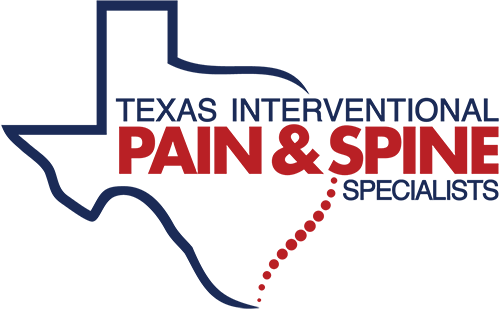
Trigeminal Neuralgia
Trigeminal neuralgia, also known as tic douloureux, is a severe facial pain disorder that affects the trigeminal nerve, which carries sensation from the face to the brain. This condition is characterized by sudden and intense facial pain that can last for several seconds to several minutes, and can be triggered by various stimuli such as eating, talking, or even gentle touch.
The most common treatment for trigeminal neuralgia is medication, which is often used to reduce the frequency and intensity of pain attacks. Anti-seizure medications, such as carbamazepine and oxcarbazepine, are the most commonly used drugs for this purpose, and they work by inhibiting the abnormal activity of nerve cells that cause pain.
In some cases, surgical intervention may be necessary to manage trigeminal neuralgia. One common surgery is microvascular decompression, in which the surgeon removes any blood vessels that may be pressing on the trigeminal nerve and causing pain. Other surgical options include radiofrequency ablation and stereotactic radiosurgery, which involve the use of focused beams of radiation to destroy the trigeminal nerve fibers that are responsible for the pain.
In addition to these medical and surgical treatments, there are several non-pharmacological strategies that can be effective in managing trigeminal neuralgia pain. These include relaxation techniques, such as deep breathing and progressive muscle relaxation, as well as cognitive-behavioral therapies, which can help individuals cope with pain and reduce their overall levels of distress.
It is important for individuals with trigeminal neuralgia to work closely with their healthcare team to develop a pain management plan that is tailored to their needs and preferences. This may involve a combination of medications, surgery, and non-pharmacological interventions, and may also include the use of alternative therapies such as acupuncture or chiropractic care.
In conclusion, trigeminal neuralgia is a severe and debilitating condition that can significantly impact an individual’s quality of life. While there is no cure for this condition, a range of medical and non-pharmacological treatments are available to help manage pain and improve overall functioning. It is important for individuals with trigeminal neuralgia to work closely with their healthcare team to develop a comprehensive pain management plan that meets their needs and helps them live a full and meaningful life.
Ready to Live Pain Free?
If you are interested in an ethical, personal and individualized approach to pain treatment, then we are here to help. Please give our office a call at (361) 360-3264. We look forward to helping you restore a more active, joyful and pain free life!
